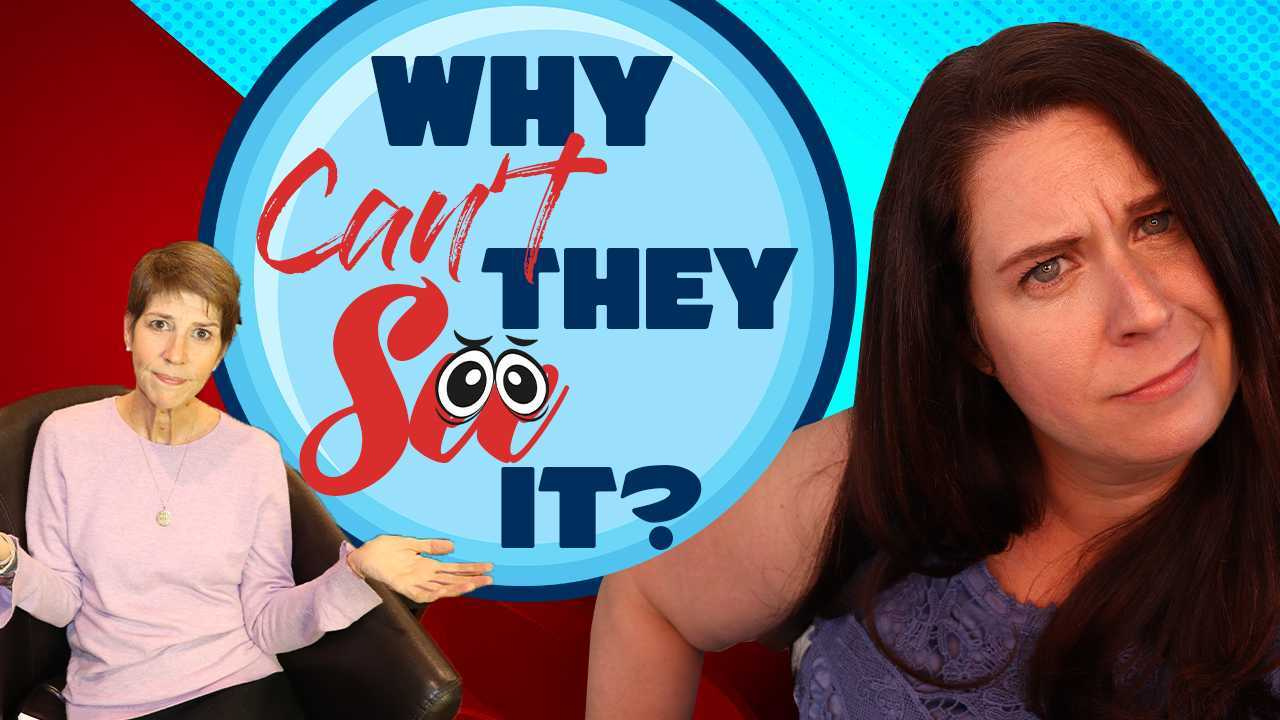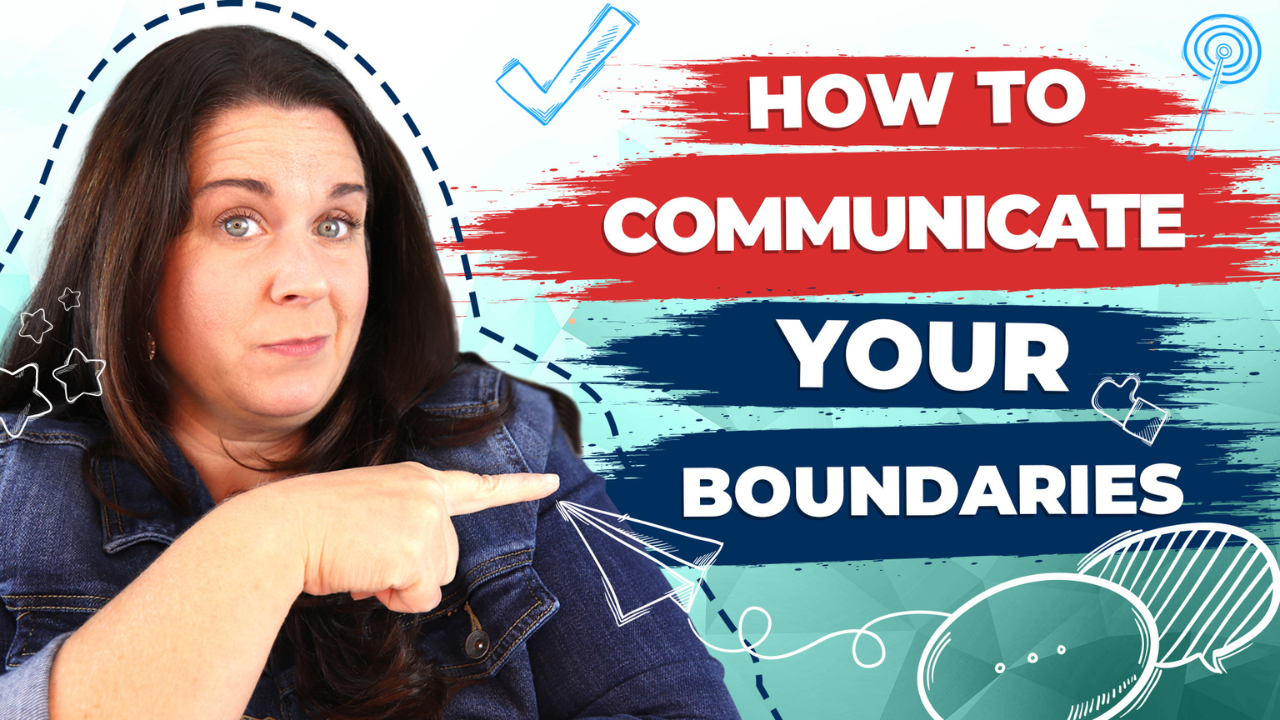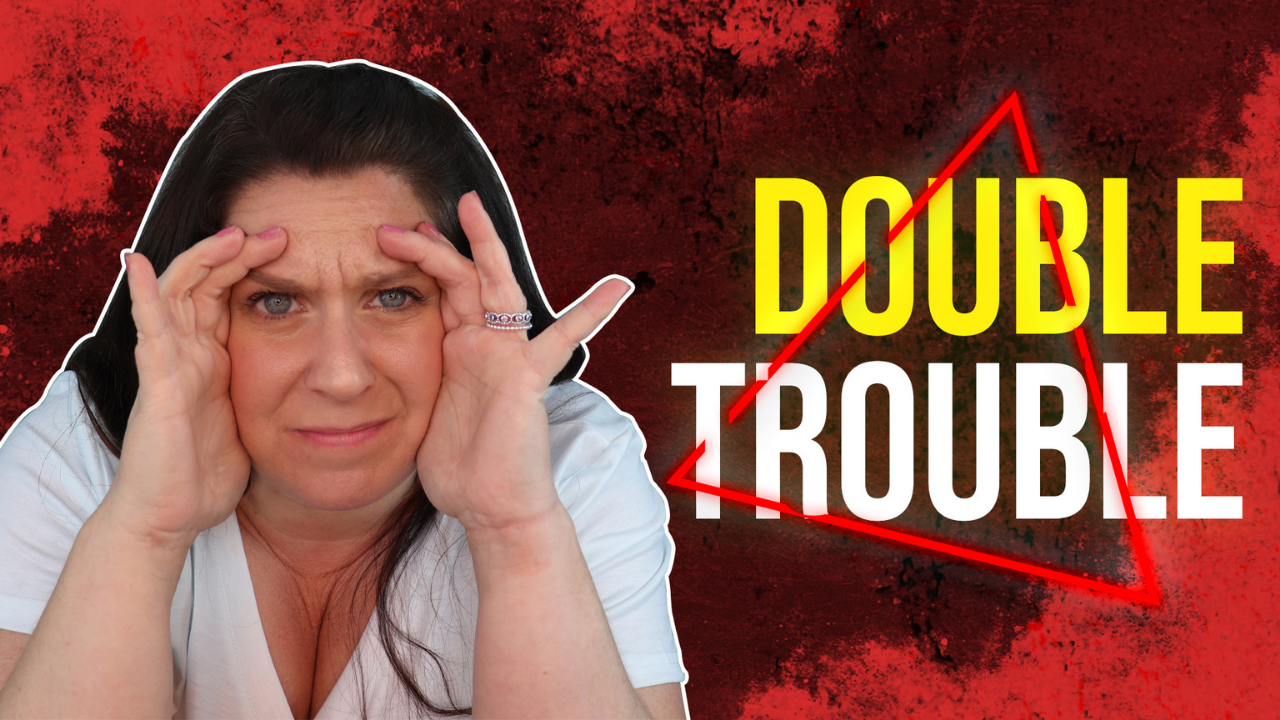Boundaries With An Alcoholic Spouse (part 1)
Trying to keep good boundaries with a spouse who has a substance abuse problem can get complicated. Are your boundaries healthy and appropriate? Let's find out...
There are some standard issues when it comes to being in a marriage, especially when someone has a substance abuse problem. Those are:
- Money-always a big category
- Household responsibilities and who's responsible for what.
- Safety issues can include things like driving.
I'm going to give you some examples of boundaries in each category. As we go through this, identify the appropriate boundary, the ones articulated in the right way.
First up, let's talk about driving.
Four Driving Boundaries examples:
#1- I'm not going to allow you to drive our kids if I think you've been drinking.
#2- You're not going to leave this house in our car when you've been drinking.
#3- I won't provide insurance under my name if I think you're likely to drive while intoxicated.
#4- Please do not drive home drinking. It makes me a nervous wreck....
Boundaries With An Alcoholic Spouse (part 2)
This is Boundaries with an Alcoholic Spouse, part two. If you haven't watched part one, I suggest you go back and watch that first.
But if you've already watched it and you're here for the answers, you're in luck because we'll go over those boundary examples.
Under the drunk driving category, we had four boundaries to explore.
#1- I'm not going to allow you to drive our kids if I think you've been drinking.
This one is a pretty appropriate boundary. Here's a hint-A healthy boundary usually starts with "I." It's not telling the other person what they will and won't do, you're saying what you will and won't do. *A special note about this boundary...I think that's an appropriate, reasonable, healthy boundary, and it's communicated appropriately, but I want you to ask yourself, how will you hold that boundary? It's not just what boundary you'll set, but how to enforce it. Make sure you've thought about that before you set this type of boundary.
#2- You're not going to leave this h...
Help! My son and husband are both struggling with addiction 😥 (True Story)
I'm answering a viewer letter about a situation where more than one person struggles with addiction in one household.
We're going to take a look at the letter, and then I'll give my response and feedback.
She writes...
"My husband is currently in rehab for alcoholism for the second time. He was in law enforcement for 15 years and had a very public DUI several years ago. He went to rehab for the first time and stayed sober for over two years.
He's been a binge closet drinker. In the last two years, he falls into a depression and drinks and leaves for days at a time to the woods with no communication. On December 30th, he left for five days. When he came back, he asked me for help and decided he should go to rehab.
He's now been there for a week. He sounds good, and I'm hoping he is gaining what he needs to help himself get through this for our relationship. We don't have any trust. He's s a good man, a hard worker, loving when he doesn't drink. The person we all want him to be ...
I Love You, But I'm Not In Love With You 💔😥
I love you, but I'm not in love with you. What exactly does that mean, and what do you do about it?
What that typically means is that the person doesn't have those attraction butterflies towards you. They still care about you as a person, but they're just not feeling that romantic chemistry. Usually, when people say this, they had it before, but they lost it somewhere in the process.
Let's look at what it means on the other side of the issue. It's only natural to want to feel that strong desire feeling. To have that craving of wanting to feel the excitement. The new love romance feeling happens because of the chemical dopamine.
Dopamine is the desire chemical which is one of the reasons why we're talking about this topic because all things addiction is related to dopamine.
Early on in a romantic relationship, you usually have a lot of infatuation feelings. The clinical term for that is limerence, but it's the state of mind where you crave the other person.
You're almost obsess...
When A Family Member Refuses To Acknowledge The Addiction
 When you have a loved one with addiction, the pain, suffering, and loneliness are sometimes overwhelming. Do you know what makes these feelings worse? Having someone else in the family in complete denial over the loved one's addiction.
When you have a loved one with addiction, the pain, suffering, and loneliness are sometimes overwhelming. Do you know what makes these feelings worse? Having someone else in the family in complete denial over the loved one's addiction.
It's particularly frustrating when you can see the problem but someone else is
sabotaging you behind the scenes.
We see this play out so often in our office. The person in denial is either a parent, grandparent and occasionally a sibling. This creates a big problem because you have
one person who doesn't want to believe that the person has an addiction. It can interfere with the whole process of getting the addicted person to recovery.
This happens in almost every case. I get it, it's uncomfortable to absorb this information and to sit with it. It's much like a grieving process.
The denial is a self-protective mechanism of some sort. Denial is always protecting you from something that you're not ready to see.
What does it look like when there's den...




